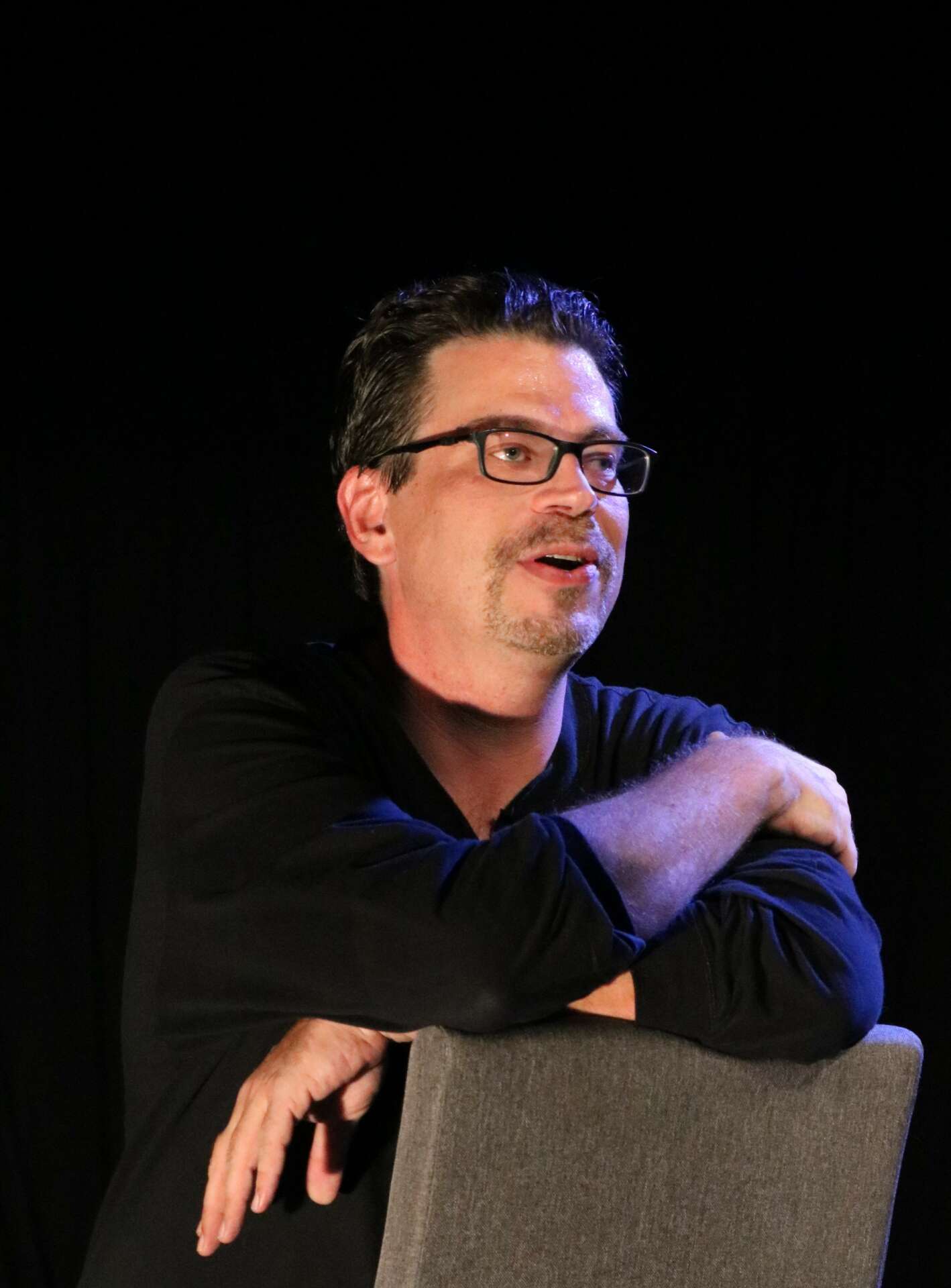We were lucky to catch up with Glenn Schudel recently and have shared our conversation below.
Glenn, appreciate you joining us today. I’m sure there have been days where the challenges of being an artist or creative force you to think about what it would be like to just have a regular job. When’s the last time you felt that way? Did you have any insights from the experience?
I’ve lived a lot of different lives, and in all of them–self-producing theatre artist, graduate student in Shakespeare, manager of a touring acting troupe, ghostwriter, romance novelist, children’s book author–I’ve been a creative.
For the last several years, though, I’ve also been an educator, adjuncting at several different colleges, as well as privately coaching actors and creative writers, as well as substitute teaching. (That, by the way, is an excellent job for a creative person! They pay you to sit at a desk for seven hours! I can’t tell you how much personal writing I’ve gotten done while watching students do algebra worksheets.)
Just this fall, I was offered (and accepted!) a full time job teaching creative writing at Ringling College of Art and Design, so I guess that counts as a “regular job.” I know how lucky I am…it’s really nice to feel financially and emotionally stable for the first time in nearly a decade. And my teaching job does put me right in the thick of the creative process–I get to work with so many brilliant, strange, funny, sensitive students, and watch them learn and grow. I do love that. That makes me happy.
But it’s also true that I’m still struggling to maintain my own creative practice. I feel a commitment to teaching, to being as present as I can in my students’ lives. I also have to go to meetings, and grade, and keep up with research in my field. That balancing act is the most difficult thing I’m experiencing right now, but I’m certainly not mad that I don’t have to hustle just to make ends meet.
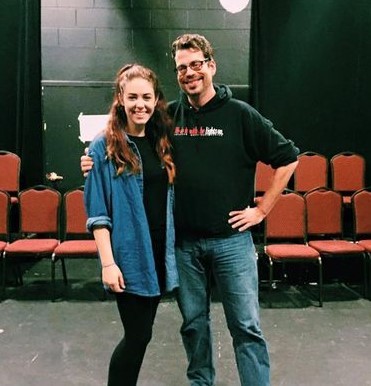
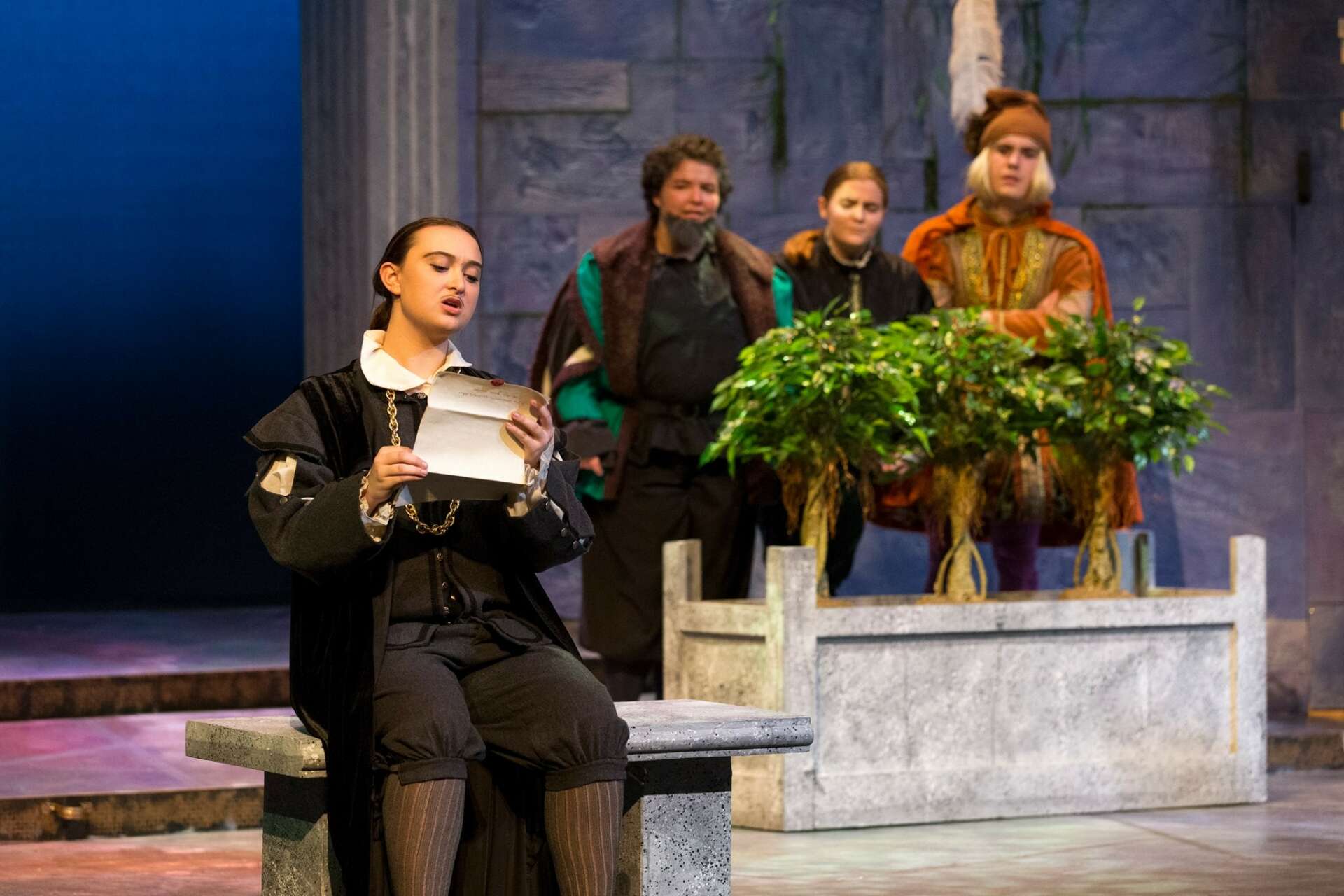
Awesome – so before we get into the rest of our questions, can you briefly introduce yourself to our readers.
This is a really long story. :)
So, I grew up in a very supportive household where both of my parents were theatre professionals, so there were always a ton of books, and my parents were both terrific storytellers. My dad was a working actor until I was about five–at which point he pivoted to teaching–and my mom was always sewing or building or painting something.
So in college, I minored in theatre myself, and I fell in love with it. After graduating, I went back to school part-time, just to take a few more classes! (I couldn’t have done that without my parents’ support.)
Immediately after finishing school, I got an internship with a local Equity theatre as an assistant stage manager. After that, I moved to Chicago and founded a (very small!) production company with a friend. She worked as a masseuse, and I was a waiter, and we’d pool our money and rent out theatres and hire actors and put on shows. We even made a profit on some of them. (This was 20+ years ago. I feel like things were a little easier back then.)
A strange series of events led to us moving to New York. We were there for five years, and remained roommates and friends, but we each started working more and more on our own projects. I started directing primarily with a repertory called Love Creek Productions, though I did a few side projects and freelance gigs with other companies. Unfortunately, New York and I didn’t get along, and while I was doing some fun stuff, the city never really felt like home to me. That’s when I decided to go to grad school.
I ended up at Mary Baldwin College (now Mary Baldwin University) which had a very odd little graduate program in Shakespeare and Performance–sort of a hybrid of literature, theatre, and history. It’s a funny story how I ended up there–I had a list of specific schools I wanted to apply to, and MBC was nowhere on it. But somehow I got put on some mailing list, probably when I took my GREs, and they sent me a packet in the mail. I was really intrigued by their program, and by the playing space featured in the advertising–this gorgeous recreation of a Jacobean playing house. I applied, and I got an assistantship, and I guess the rest is history.
The next three years were some of the most intellectually and artistically fulfilling of my life. First of all, I truly fell in love with Shakespeare…not for the reasons I thought he was great (“He’s old and important.”) but because the professors and my colleagues were truly able to unlock how strange and lovely and human his language is. Even more than that, though, I fell in love with how he manipulated sentences…how, even across a 400-year gulf, his characters spoke in ways that could still make me think, make me laugh, make my heart break. Within my first year there, I’d become a huge rhetoric nerd.
After graduation, I became the touring manager of the American Shakespeare Center. This is the professional theatre company my graduate program was attached to. Today, it’s a very different place–the management has changed several times in the last few years, and the work they do feels like it values different things, but when I was there, their focus was on the relationship between the actors, the audience, and the text. They didn’t do a lot of big, splashy productions with lots of tech and special effects. They privileged making the language really clear, really understandable, and really modern. (Not that they’d change it or update it…it was more that they made sure each actor had a real grasp on what they were saying, and -that- clarity made things clear for the audiences. It’s pretty amazing how well it worked, and as evidence all I can say is I’ve seen MULTIPLE 9 a.m. student matinees where a bunch of high schoolers were cracking up at Love’s Labours Lost or The Merry Wives of Windsor.)
So I did that for three years, traveling from Maine to Florida to Texas to Indiana in three vans with eleven actors, managing the shows and teaching a variety of workshops in college theatres and communities centers and opera houses and libraries and art galleries. It was a strange life–some of the best times I’ve ever experienced were on the road, and also some of the loneliest and most stressful. Still, I wouldn’t change it. That experience shaped me.
I did a year in residence after that, working in the ASC’s home theatre–that building that had first piqued my curiosity while I was applying to graduate programs–and I enjoyed the quieter life, but I missed the opportunity to teach. At the end of that contract, I resigned to pursue a career in education.
I struck it lucky right away. A friend and former colleague backed my application to teach a couple of theatre classes and direct a play (Shakespeare’s Twelfth Night) at Randolph, a small liberal arts college in Virginia, and the experience truly opened my eyes to what a dream job might look like. I -loved- the collaborative nature of working with college students, the autonomy of designing my own classes, and the atmosphere of being surrounded by so many curious people.
And for the next six years, I tried to recapture that feeling.
The job at Randolph had only ever been a single semester gig, and after it ended I came back to my home state of Florida and began the arduous process of applying for academic jobs. That first year, I sent out over 40 applications and only got a single interview! (I later learned that there’s a certain formula to writing an academic cover letter, and I’d never learned it. Just by not fully understanding the “language” of the world I was trying to enter, I showed myself as an outsider. I eventually got some coaching, and my results improved drastically. Even so, these were the years between the Great Recession and the outbreak of Covid-19, and sustainable work was hard to come by, especially for a mid-career professional in the arts!
But I eventually racked up a nice little circuit of teaching gigs at three different colleges, among them, the Creative Writing program at Ringling College of Art and Design. I wasn’t a published author, though I had had several plays produced at that point. Rather, they hired me based on my strength in rhetoric and close reading.
My first semester there, I attended a talk by a noted author, editor, and writing coach, who also spoke about having been a ghostwriter. It sounded fun, and I decided to try it. That very night, I found some listings on Upwork and applied. Within a month, I had a job ghostwriting romance novels based on outlines they’d send me.
I decided to try it on my own, and that’s how I eventually came up with my own pen name.
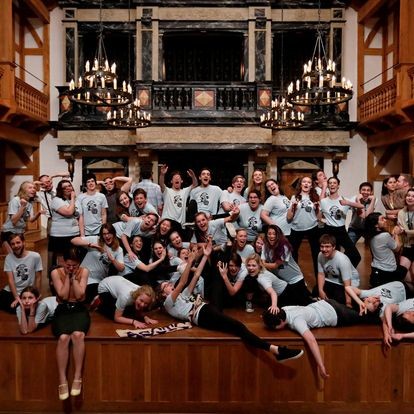
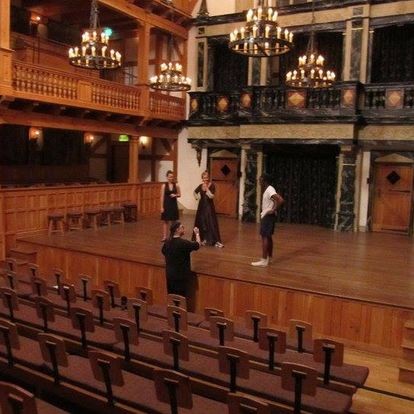
What’s the most rewarding aspect of being a creative in your experience?
One of my favorite things about doing theatre and about teaching–and something I sometimes struggle with in my writing–is the collaborative nature of creation. I’m a big believer that none of us are as smart as all of us, and for me, the best work happens in a circle of creatives, with free dialogue going back and forth. I especially love when a community feels safe enough to melt away inhibitions–when the artists in conversation with each other aren’t scared of “bad” ideas. It’s always so exciting when you swing for the fences and find that your idea–while maybe not perfect–is useful, and able to be adapted into something even larger than you dreamed of.
Can you tell us about a time you’ve had to pivot?
This is a story I started to tell on the previous page, but I really did feel like I was going on too long, so I’ll flesh it out a bit here.
The pivot from being a theatre artist to a writer was a huge one for me. I’d always been curious about creative writing, but I’d never had the discipline to finish anything–I think because it’s so solitary and (as I stated above) I have a love for collaborative creation.
But learning that the skills that made me a good director and dramaturg would also help me with worldbuilding, character creation, and dialogue writing was a huge revelation to me, and taking the baby step of ghostwriting to an outline before striking out on my own as a novelist with my own pen name was huge. It’s rewarding to feel like I’d been setting myself up for success all along, without even realizing it.
Contact Info:
- Other: All of the socials you’d be interested are under my pen name, and I wouldn’t want that published in a magazine. Thanks, though!
Image Credits
Ruby Barajas, Lindsay Walters, Parker Michels-Boyle


